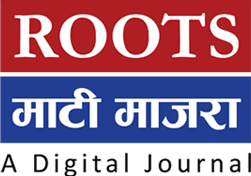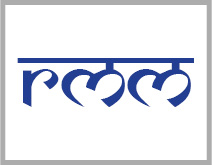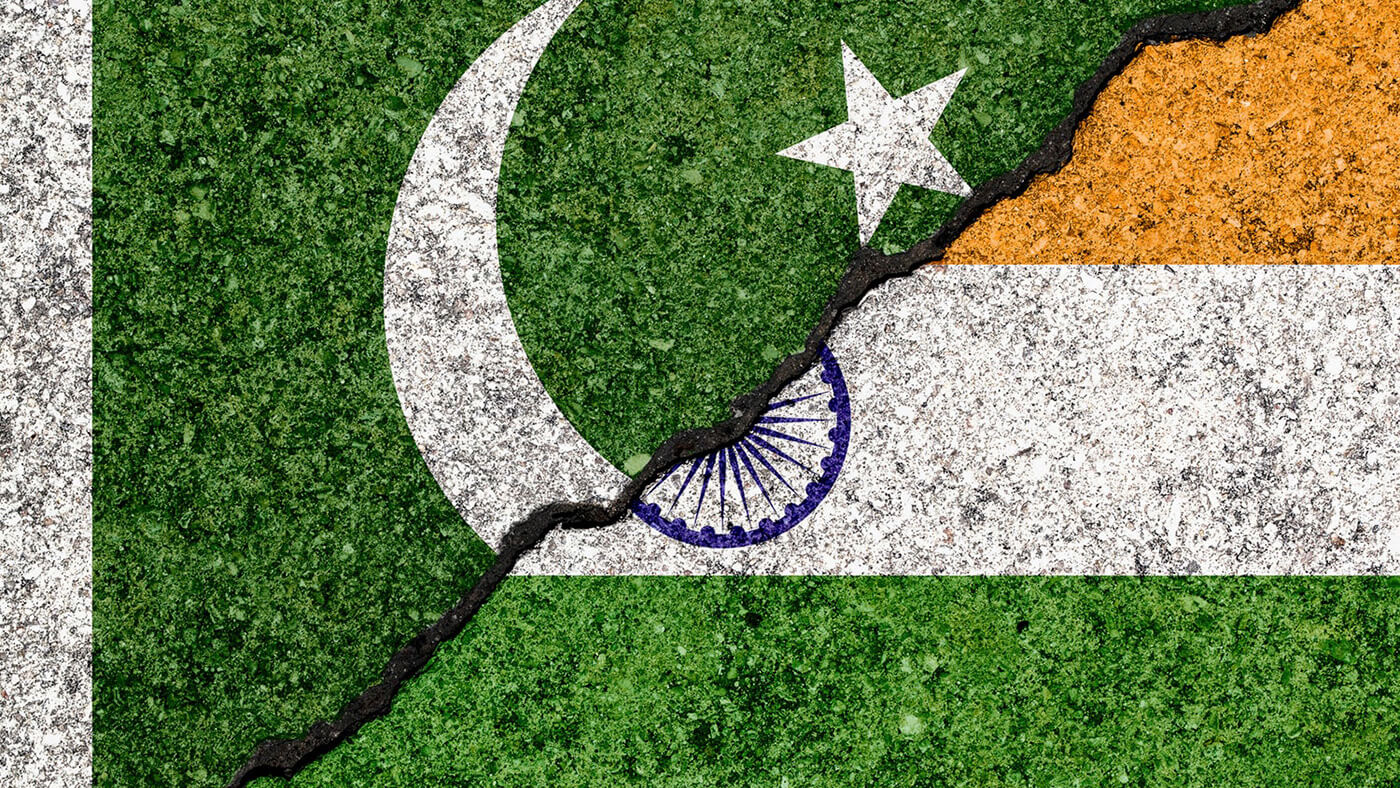Has the recent Indo-Pak armed conflict reduced information warfare played out in the international arena by the opposing countries? With both countries sending delegations across the world to explain their view point, it is more than clear that the world want the nuclear neighbours to slug it out with facts of their own than with arms.
The sudden announcement of cease fire between the countries ending the few days armed conflict by US President Donald Trump itself came as a surprise leading an information warfare on the reasons for the cease fire. Much to embarrassment of both countries US President continue claim that it is US threat on trade which stopped the conflict. The way US President hyphenated India and Pakistan, without mentioning the terrorism part of the conflict had caused deep distress for it. Mr. Trump even said both countries is in conflict for thousands of years indeed was even new stand even for international community which had treated Pakistan so far as the cradle of terrorism in the regions after the assassination of Al Quaida’s Osama Bin Laden in their territory.
It is a fact the conflict was forced on India, with the drastic killing of 27 innocent tourists by terrorists trained across the border. Despite the security lapse, it exposed the present government’s tall claims about peace returning to Kashmir following abrogation of special status of the State of Jammu and Kashmir. It is back to square one as far as the curbing of terrorism in Kashmir was concerned and India needed o retaliate, just the 2019 incident. Operation Sindoor , was response which was forced on India, which was left with no option but to strike at terrorist base in Pakistan. In the armed conflict many losses including downing of Indian planes continue to be debated, but the fact remains most of the centres in Pakistan identified as terrorist training hubs have been destroyed. It seems India’s intelligence on these camps were precise, though the camp mates escaped, it said. The message is clear, that no one, State or non-state actors can get away with random killing.
The conflict also exposed the deep Pakistan –China axis and also support of counties like Turkiye to Pakistan, with their sophisticated arms. The drone aided attack which has emerged as new phenomenon in conflict zones of the world has also come to Indian border. The recent attack of Ukraine on Russian air force stations and war planes through drones in the deep interior of the country must be worrisome for Indian defense establishments; as compared to Pakistan India have huge geography and its advantages in an armed conflict.
The information warfare which followed the ceasefire saw both India and Pakistan sending delegations of its political leaders to various continents. India sent as many as 8 delegations to countries to explain and build confidence about each other’s stand internally and internationally. Despite questions about the security failure which led to terrorist attack at Pahalgam, people in India stood by the Operation Sindhoor and the government. It was heartening to see Kashmiri Muslims came out in numbers against the drastic attack of tourists in their State. For a change Indians were unified on the need to retaliate for the killings as such acts have been testing the patience of India, which is poised to emerge as an economic super power on its own merit.
The set back on India’s international standing came with announcement of ceasefire by US President and he equating two countries as old rivals ignoring the aspect of terrorism, which the US itself now faced with in its own soil. India has been building a story of Pakistan being a “rough” State and a breeding ground of terrorism in the region for years successfully. But with one tweet US President finished it off and made India and Pakistan as traditional rivals. That makes Indian decision makers back to the table to work on new strategies to bring aspect of terrorism into the story.
The political delegation of Member of Parliament to various countries is a good beginning on this renewed strategy. But it is also a failure of the international diplomacy practiced by the present regime in Delhi as they had relied heavily on USA and many alleged that India had become an ally of US in international arena. In defending India’s interest against China, US as an ally suited as, but by aligning with Israel on Palestine issue we appeared to lose many of the friends in Arab world, especially Turkiye.
However, it is time India needs to relook at its US aligned foreign policy and may be get back our time tested-non-alignment platform however non-fashionable it is in today’s regime. That way we can be up on the information ware fought through not drones, but through social media handles and international diplomacy.




